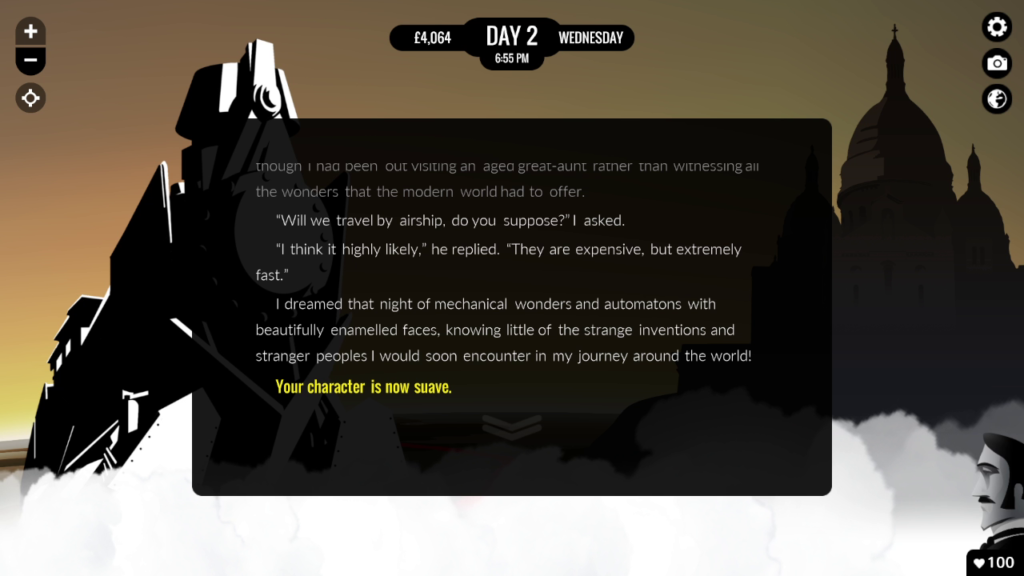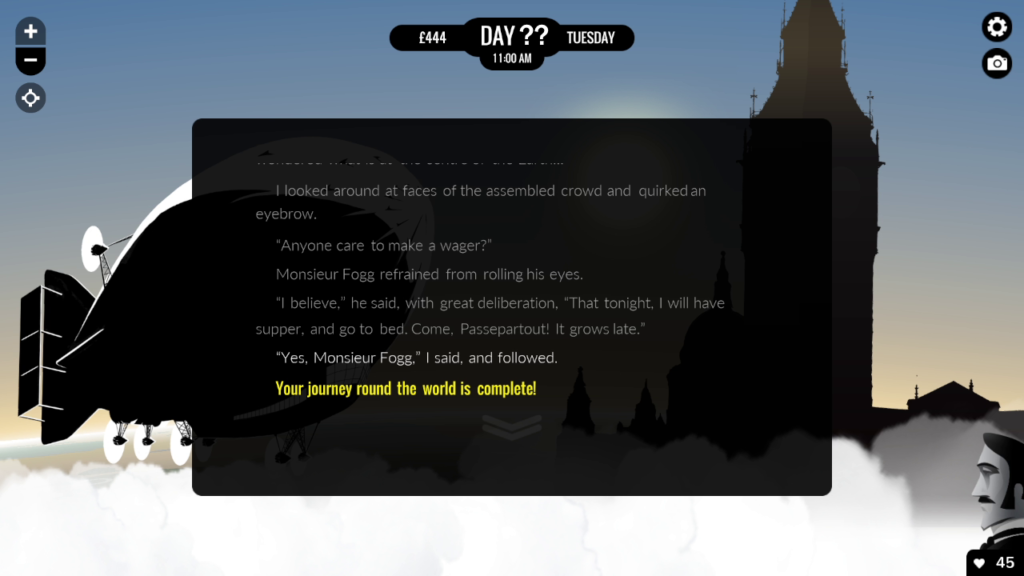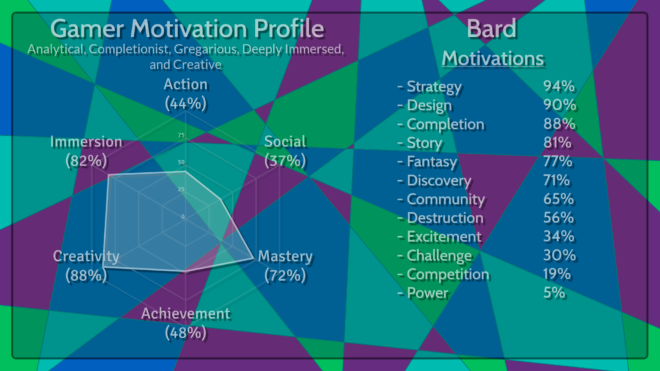Per the Quantic Foundry player profile above, I am a Bard. In general, I am not opposed to this type. I consider myself a creative generalist, if the variety of content on this blog is any indication. However, the archetype is framed with a focus on engagement with massively multiplayer game communities—the recommendations for the Bard include The Lord of the Rings Online and Final Fantasy XIV. This is not terribly surprising, as player type taxonomies have always leaned towards online games. Bartle’s four player types, frequently used as a baseline for understanding what different players look for in games, were originally used to categorize feedback from players of Multi-User Dungeons (MUDs). I love to share the games I enjoy with other people, but I do that by livestreaming or playing games with family and friends, not investing myself in a separate community.
| First Test: 01/2016 | Current Test: 08/2023 |
|---|---|
| Explorer – 93% | Explorer – 93% |
| Socializer – 60% | Socializer – 60% |
| Achiever – 33% | Achiever – 40% |
| Killer – 13% | Killer – 7% |
Table 1: My Bartle results have remained remarkably consistent.
Overlooking the mixed social aspects of my player type, the mentor games I chose for the semester are 80 Days and SpaceChem—though if you want my assessment of Portal, I have a tag for you. I already owned both games and had finished neither, so it seemed as good a time as any. I played through one full run of 80 Days, which I plan to write about in more detail soon, and SpaceChem will have its time before long.

80 Days is a semi-adaptation of Jules Verne’s classic novel, Around the World in 80 Days. The plot starts from the same general setup: an English gentleman by the name of Phileas Fogg wagers that he can circumnavigate the world within eighty days, and he drags his valet, Passepartout, along for the ride. The game quickly diverges from the book in setting, however; it trades reality for a decentralized, steampunk reflection of the late 19th century where airships and automata are budding technological developments. Also unlike the book, the character of Passepartout is variable, as he is the vessel through which the player acts on the game world.

In terms of genre, 80 Days lies somewhere on an interesting intersection between a visual novel and a roguelike. Gameplay is text-heavy and primarily driven by dialogue choices, but the same choices will not always lead to the same results—there are eight possible seeds for a run, which determine costs, item supply and demand, travel timing, and a conversation between Fogg and Passepartout at the start of the game. These seeds increase sequentially for each run the player attempts, and restart at the first seed when they pass the eighth (Random Seed, 2016).

I completed a single run and enjoyed what I played! As a story-focused game, it certainly appeals to the traits I agree with about my player type. I successfully made the round trip in time on this first run, but I will likely attempt at least another run or two as the semester goes on.
Works Cited
